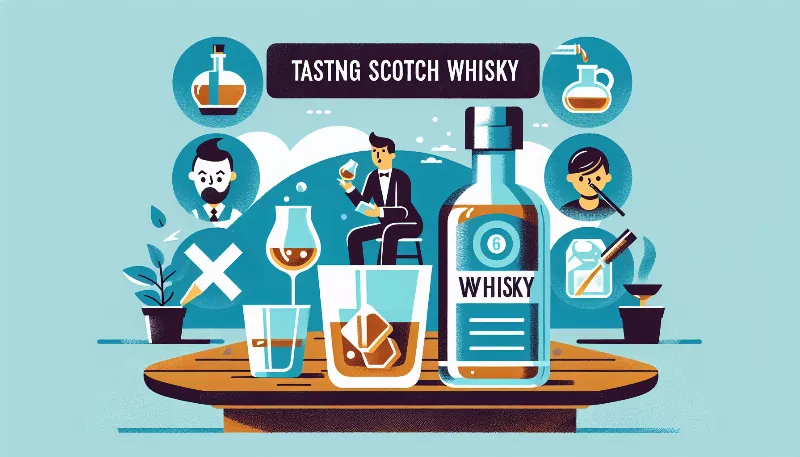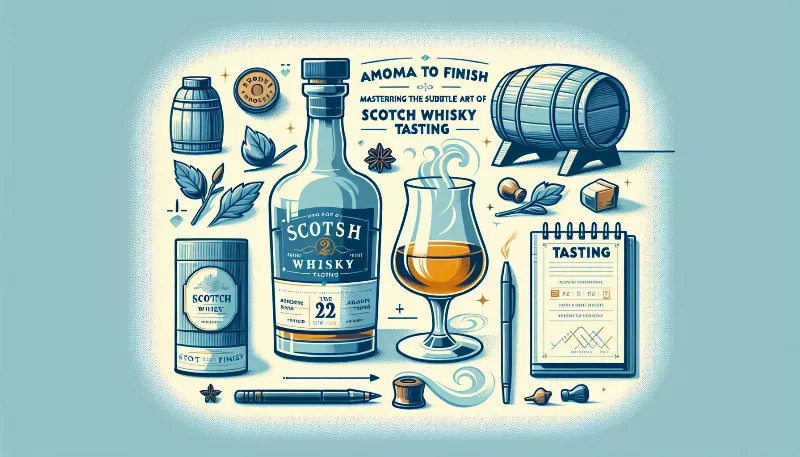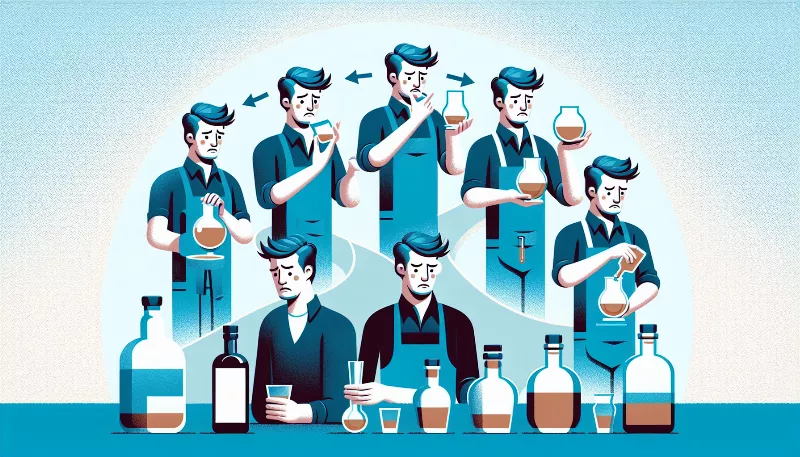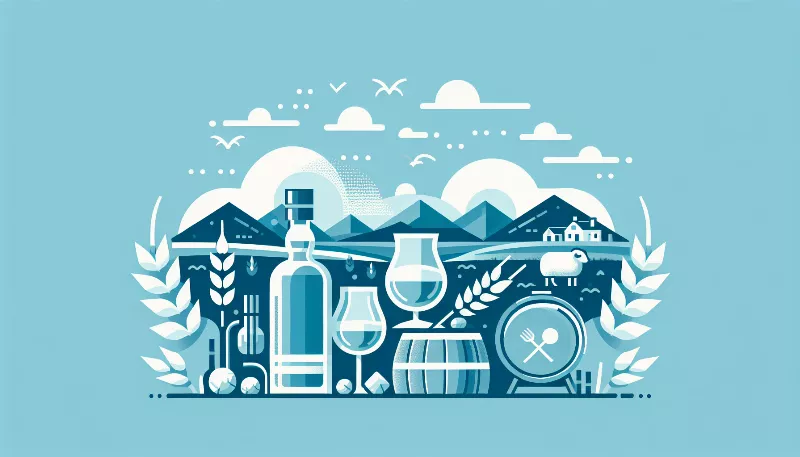How did the Scotch Whiskey Act of 1988 influence the industry?
Discover the pivotal impact of the 1988 Scotch Whisky Act on distilleries, quality control, and global prestige. Dive into whisky's transformative era!
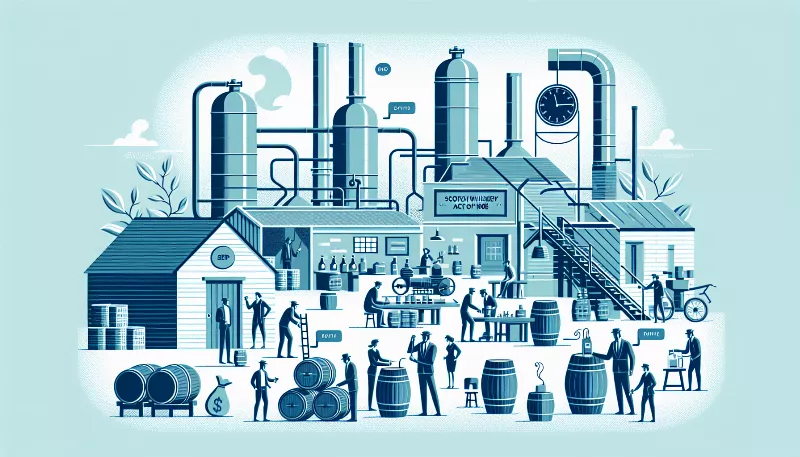
The Birth of a New Era for Scotch Whisky
Imagine the rolling green hills of Scotland, dotted with ancient distilleries where the air is thick with the scent of aging whisky. It's here that the Scotch Whisky Act of 1988 was born, marking a pivotal moment in the history of this beloved spirit. This legislation was not just a set of rules; it was a catalyst that propelled the Scotch whisky industry into a new age of prosperity and global recognition.
Defining Scotch Whisky with Precision
Before the act, the definition of Scotch whisky was somewhat nebulous, leaving room for interpretation and, unfortunately, adulteration. The Scotch Whisky Act of 1988 changed all that by laying down strict guidelines that defined what could legally be called 'Scotch whisky.' These regulations covered everything from the ingredients to the distillation process, maturation, and labeling. By ensuring that every bottle bearing the name 'Scotch' met these high standards, the act guaranteed a level of quality that consumers could trust implicitly.
Guarding the Gates of Authenticity
The act served as a guardian of authenticity, protecting the reputation of Scotch whisky worldwide. It established legal protections for the five categories of Scotch: Single Malt, Single Grain, Blended Malt, Blended Grain, and Blended Scotch Whisky. This not only helped to maintain the integrity of the product but also provided a clear framework for producers to innovate within. The result was a flourishing of creativity and excellence within the industry, as distillers sought to craft unique expressions of Scotch that still adhered to the traditional values enshrined in the act.
Boosting Global Confidence and Demand
The clarity and confidence that the Scotch Whisky Act of 1988 brought to the market had a ripple effect on demand. With a clear definition in place, Scotch whisky became a symbol of quality and tradition. This bolstered its image abroad and led to an increase in exports. Distilleries, both old and new, benefited from the surge in interest, and the industry saw significant growth in the following decades. The act was more than just a set of rules; it was a promise of excellence that was delivered in every glass of Scotch whisky enjoyed around the world.
Conclusion: A Toast to the Future
In conclusion, the Scotch Whisky Act of 1988 was a game-changer for the industry. It laid the foundation for a period of unprecedented growth and innovation, ensuring that Scotch whisky could continue to be enjoyed and celebrated globally. The act was a testament to the importance of protecting tradition while embracing progress, and its influence can still be felt today. So, here's to the Scotch Whisky Act of 1988—may the spirit of this landmark legislation continue to guide the industry for generations to come!

